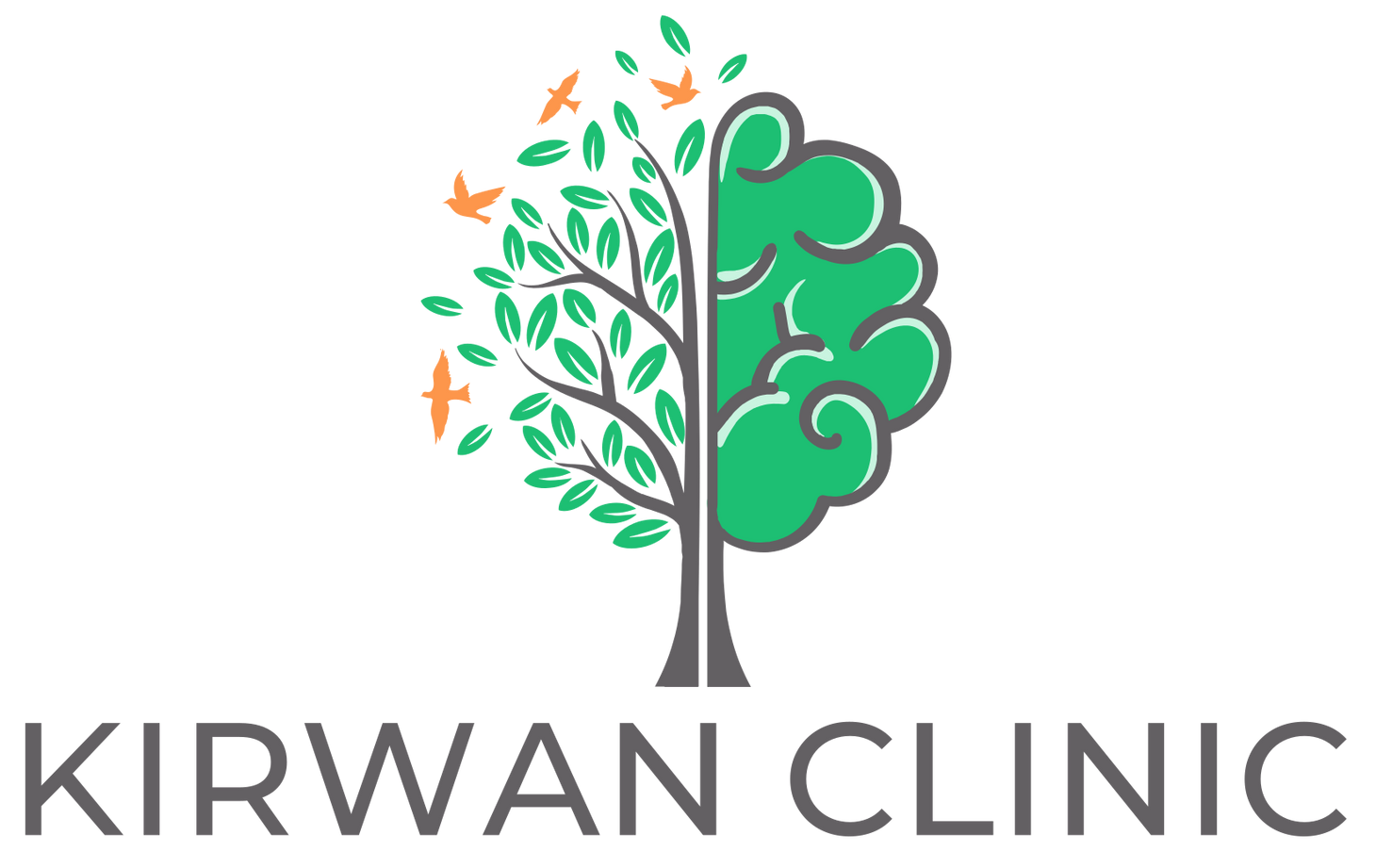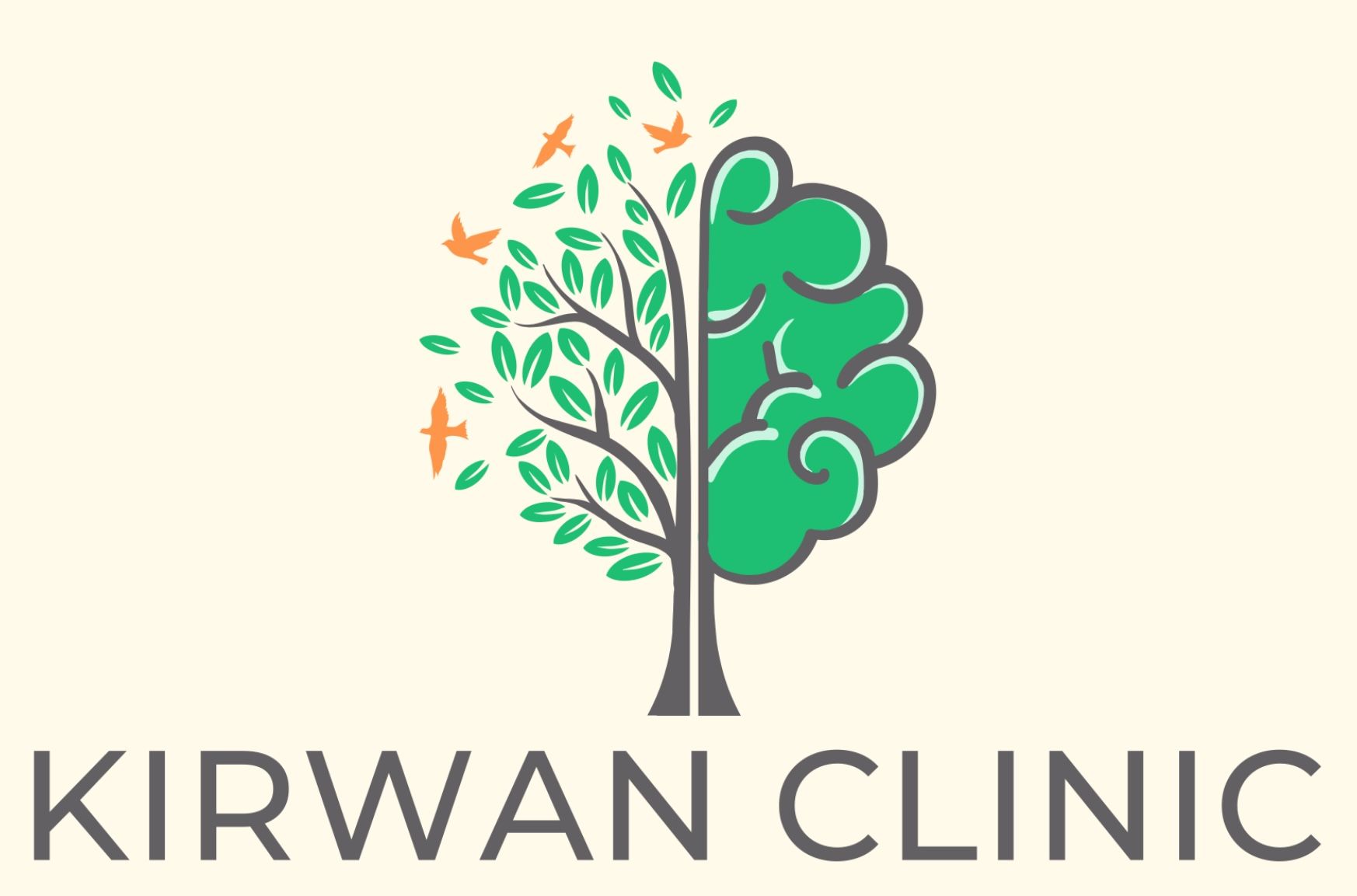Neuropsychological Assessment
What is a Neuropsychological Assessment?
A Neuropsychological Assessment is the most comprehensive and specialised cognitive and psychological evaluation type. A trained Clinical Neuropsychologist conducts it and combines psychometric testing and interview/observational assessment to evaluate cognitive functions, emotional well-being, and behavioural patterns.
This assessment considers multiple factors, including:
- Cognitive abilities (memory, attention, problem-solving, language)
- Medical history (neurological conditions, injuries, medications)
- Developmental background (childhood milestones, learning difficulties, supports provided)
- Social and family history (support systems, relationships)
- Mental health factors (anxiety, depression, emotional regulation)
The assessment aims to determine an individual’s cognitive strengths and weaknesses, understand the potential causes of these weaknesses, and assess how these factors impact their daily functioning.
Who is Suitable for a Neuropsychological Assessment?
A neuropsychological assessment may be recommended for individuals who:
- Experience attention deficits, academic struggles, or conceptual or language problems
- Have suffered a traumatic brain injury (TBI), stroke, or concussion
- Have neurological conditions such as Epilepsy, multiple sclerosis, agenesis of the corpus callosum or tuberous sclerosis
- Show signs of learning disabilities (e.g., dyslexia, dyscalculia) or Intellectual Disability
- Have mental health conditions like depression, anxiety, eating disorder or schizophrenia affecting cognitive function; or a developmental condition such as ADHD or Autism
- Need an evaluation for workplace accommodations or academic support
- Want a baseline cognitive evaluation for early detection of potential issues; or a ‘giftedness’ assessment to determine learning potential
Benefits of a Neuropsychological Assessment
- Accurate Diagnosis: This tool identifies cognitive strengths and weaknesses and diagnoses conditions such as dementia, ADHD, or brain injuries.
- Personalised Treatment Plans: Helps doctors, psychologists, and therapists develop targeted interventions.
- Educational and Workplace Support: Can recommend academic accommodations or workplace modifications.
- Legal and Medical Decision-Making: Used in disability claims, insurance cases, and legal proceedings to determine cognitive impairments.
- Monitoring Progress: This is useful for tracking cognitive changes over time, such as recovery from a stroke or brain injury.
Key Areas of Neuropsychological Assessment
Memory
Memory function is assessed to determine how well an individual retains and recalls information. This includes:
- Short-term and working memory – Ability to hold information for a brief period, and often to manipulate the information in your mind
- Long-term memory – Ability to store and retrieve information over time
- Verbal memory – Memory for words and language-based information
- Visual memory – Memory for images, faces, and spatial arrangements
Attention and Concentration
Attention is crucial for processing information and completing tasks. This assessment evaluates:
- Sustained attention – Ability to maintain focus over time
- Selective attention – Ability to focus on relevant information while ignoring distractions
- Divided attention – Ability to manage multiple tasks at once
- Processing speed – How quickly an individual can understand and respond to information
Higher Order Problem-Solving and Reasoning
Cognitive flexibility and logical thinking are essential for daily decision-making. This assessment covers:
- Executive function – Planning, organising, and managing tasks
- Abstract reasoning – Understanding complex concepts and relationships
- Decision-making – Evaluating information to make appropriate choices
Language and Communication
The ability to understand and express thoughts is assessed through:
- Receptive language – Understanding spoken and written language
- Expressive language – Verbal and written communication skills
- Word retrieval – Ability to recall words when speaking
- Speech fluency – Smoothness and coherence in verbal communication
Visual-Motor Skills
These skills are necessary for interpreting and navigating the environment. The assessment includes:
- Spatial awareness – Understanding spatial relationships between objects
- Visual perception – Recognizing and interpreting visual information
- Motor coordination – Coordination of eye and hand movements
Emotional Regulation and Behavior
Neuropsychological assessments also evaluate emotional and behavioural functions, including:
- Mood and emotional control – Identifying anxiety, depression, or emotional instability
- Impulsivity and self-regulation – Ability to control actions and responses
- Personality changes – Behavioral shifts that may indicate neurological issues
Types of Neuropsychological Assessment
- General Intellectual Functioning Tests
- Wechsler Adult Intelligence Scale (WAIS)
- Wechsler Intelligence Scale for Children (WISC)
- Memory Tests
- California Verbal Learning Test (CVLT)
- Children’s Memory Scale (CMS)
- Rey-Osterrieth Complex Figure Test
- Executive Functioning Tests (Problem-Solving & Planning)
- Stroop Test
- Towers of Hanoi Test
- Trail Making Test
- Attention and Processing Speed Tests
- Continuous Performance Test (CPT)
- Test of Everyday Attention (TEA)
- Language/Communication and Academic Skills Tests
- Clinical Examination of Language Fundamentals (CELF)
- Wechsler Individual Achievement Test (WIAT)
- Visuo-Motor Tests
- Wide Range Assessment of Visual Motor Abilities (WRAVMA)
- Beery-Buktenica Visual-Motor Integration Test
- Emotional and Psychological Assessments
- Beck Depression Inventory (BDI)
- Strengths and Difficulties Questionnaire (SDQ)
What to Expect on Assessment Day?
- Arrival and Check-in: Clients will check in at reception, and will often finalise billing before the session begins.
- History-Taking Session: Parents or caregivers may be involved for younger clients.
- Assessment and Testing: Conducted by trained professionals with breaks in between.
- Wrap-up: The session concludes with a summary of the next steps.
The Neuropsychological Assessment Process
Duration and Structure
A Neuropsychological Assessment typically takes five hours, including breaks. However, the time may vary depending on the individual's needs and engagement in each assessment part.
Steps of the Assessment
- Initial Clinical Interview (Approx. 60 minutes)
- Conducted with the individual (and caregiver if applicable).
- Discusses medical history, cognitive concerns, and developmental history.
- For individuals under 18, a legal guardian must be present to provide consent.
- If the client is sensitive to discussing personal history, the parent/caregiver may complete this portion separately.
- General Intellectual Function Assessment
- Evaluates intellectual functioning, reasoning, and problem-solving skills.
- If the client is a child, parents/caregivers remain in the waiting area during this time.
- Specialised Testing (Approx. 3 hours)
- Assessment of:
- Memory (working memory, short-term memory, and long-term memory: visual and verbal modalities)
- Attention and executive functioning (focus, planning/organisation, inhibition, and attention switching)
- Language and communication skills
- Academic skills (reading, writing, and mathematical abilities)
- Questionnaire Measures
- Psychosocial functioning (emotional and behavioural regulation)
- Breaks and Lunch
- Clients will have scheduled breaks, including a lunch break if required.
- Parents or caregivers may leave during this time if the client is a teenager or adult.
- Feedback Session (Approx. 45 minutes, 2–4 weeks later)
- The results are explained in clear, layperson-friendly terms.
- Clients can ask questions and discuss recommendations.
- A brief feedback summary will be provided on the day of feedback, which is usually sufficient to initiate next steps.
- Comprehensive Report (Approx. 4-6 weeks after feedback)
- A detailed report including assessment results, interpretations, and individualised recommendations.
- The report can be shared with healthcare professionals, schools, and employers (if applicable).
Uses of the Neuropsychological Report
- Understanding Personal Cognitive Strengths & Weaknesses
- Academic and Workplace Accommodations (Schools, universities, and employers)
- Healthcare Management (Guiding treatment plans with healthcare professionals)
- Therapy and Rehabilitation Planning, for example onward referrals
Confidentiality & Limitations
- The report is confidential and shared only with the client, referrer, or chosen professionals.
- It is not intended for legal cases, including child custody disputes, medicolegal claims, or workplace claims.
- Clients should review the report before sharing it with others.
Booking a Neuropsychological Assessment
- Eligibility: Available for children (aged 6+), teens, and adults.
- Special Cases: Children under 6 may be considered for conditions such as acquired brain injury or epilepsy, or to assess giftedness.
- Waitlist Registration: Clients must complete a Neuropsychological Assessment Request Form. A team member will contact clients when an appointment becomes available.


